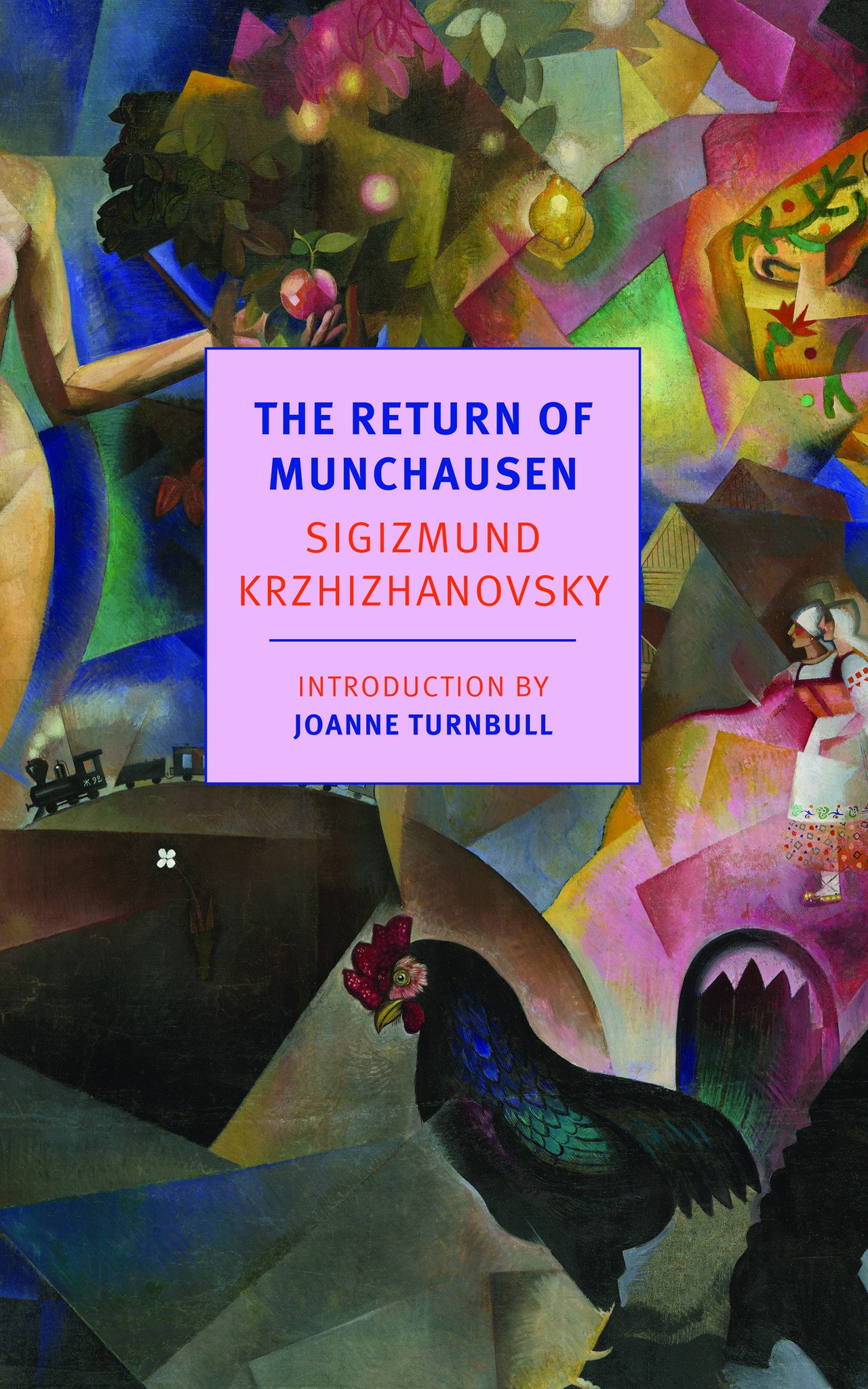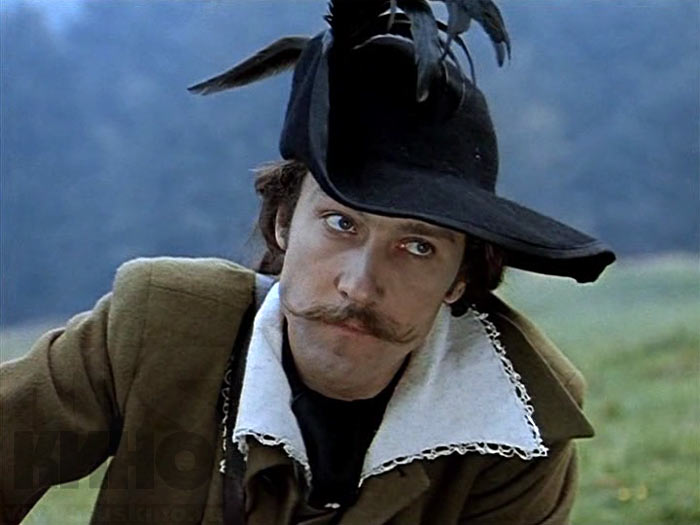Book review: The Return of Munchausen
 Book cover. Source: NYRB Classics
Book cover. Source: NYRB Classics
In The Return of Munchausen (translated by Joanne Turnbull; New York Review Books Classics, Dec. 2016), modernist writer Sigizmund Krzhizhanovsky resurrected the baron so he could show, in his surreal satirical version of Soviet Russia, the cruel absurdity of life under Bolshevik rule. Censorship prevented these philosophical fantasies being published until 1989, seven decades after they were written.
An impoverished German geologist called Rudolf Raspe wrote the first Munchausen stories. The real Baron Hieronymus von Münchhausen, an eccentric nobleman, may have fuelled them with his exaggerated tales of diplomatic and military adventures. But the fictional baron took on a life of his own and subsequent writers embellished his escapades still further.
At the heart of Krzhizhanovsky’s novella is an episode called “Devil in a Droshky”, an account of Munchausen’s Russian experiences, delivered as a lecture to the Royal Society in London. His talk is illustrated, as if it were an avant-garde Power Point presentation, with images thrown onto a flat screen by a magic lantern.
Smoke and satire
Munchausen travels, like a speedy Gulliver, through “the land of the Soviets”, offering advice to what he later calls “the country about which one cannot lie.” He solves a horse shortage by cutting the animals in half, gets a group of brigands to blow out the moon, and hires pipers to lure rats into soup kitchens to provide food.
Krzhizhanovsky contributes to Munchausen’s tradition of magical surrealism, but mixes it with political commentary. When his pair of self-directing boots come marching back to him on their own, dragging behind them the old man who has tried to steal them, Munchausen comments: “I do firmly believe, ladies and gentlemen, that sooner or later everything nationalized will return to its rightful owners, as my boots returned to me.”
 Iconic Soviet movie 'The Very Same Munchhausen,' 1979, starring Oleg Yankovsky, features the adventures of Munchhausen in the 18th century. Source: kinopoisk.ru
Iconic Soviet movie 'The Very Same Munchhausen,' 1979, starring Oleg Yankovsky, features the adventures of Munchhausen in the 18th century. Source: kinopoisk.ru
The book’s most pervasive images are clouds and smog of various kinds, including the misty atmosphere on the city streets. Prefiguring Tolkein’s wizard Gandalf Munchausen can blow extraordinary shapes from his pipe: “swirling dove-coloured spheroids” with “slow smoky coils” like Saturn’s rings around them. A Russian steam train runs on burning books and windmills loom out of the morning fog.
Munchausen’s creations, and indeed the revitalized baron himself with his manic, magical energy, are also strangely insubstantial. He describes his stories as “phantasms”; he has stepped, quite literally, out of the pages of a book and, when he first materializes, is “not much heavier than smoke.”
Truth and time
Award-winning translators Joanne Turnbull and Nikolai Formozov have skillfully translated this rich, fanciful text and other books by Krzhizhanovsky. The baron’s name is synonymous with fantasy and tall stories, but – ultimately – the monstrous reality of Soviet Russia can “out-Munchausen Munchausen.” Some of his most outlandish claims (like becoming a “conditional corpse”) have their roots in fact. He compares his time in Russia to a nightmarish game of chess, in which an “indestructible red queen” empties all his squares.
When he misses the monthly train out of Moscow, Munchausen retrieves the previous day, nestling in a cobweb-colored box and “bristling with fidgety second hands”. The head of the “Department of Yesterdays” tells him: “one man lets an instant slip by, another his entire life.” Munchausen may have found his lies belittled by the monstrous quotidian deceptions of Soviet life, but his story has lived on: “the sweetly musty pages smelled … of eternity itself.”
QUIZ: Guess which Russian writers tried their hand as artists?
If using any of Russia Beyond's content, partly or in full, always provide an active hyperlink to the original material.
Subscribe
to our newsletter!
Get the week's best stories straight to your inbox